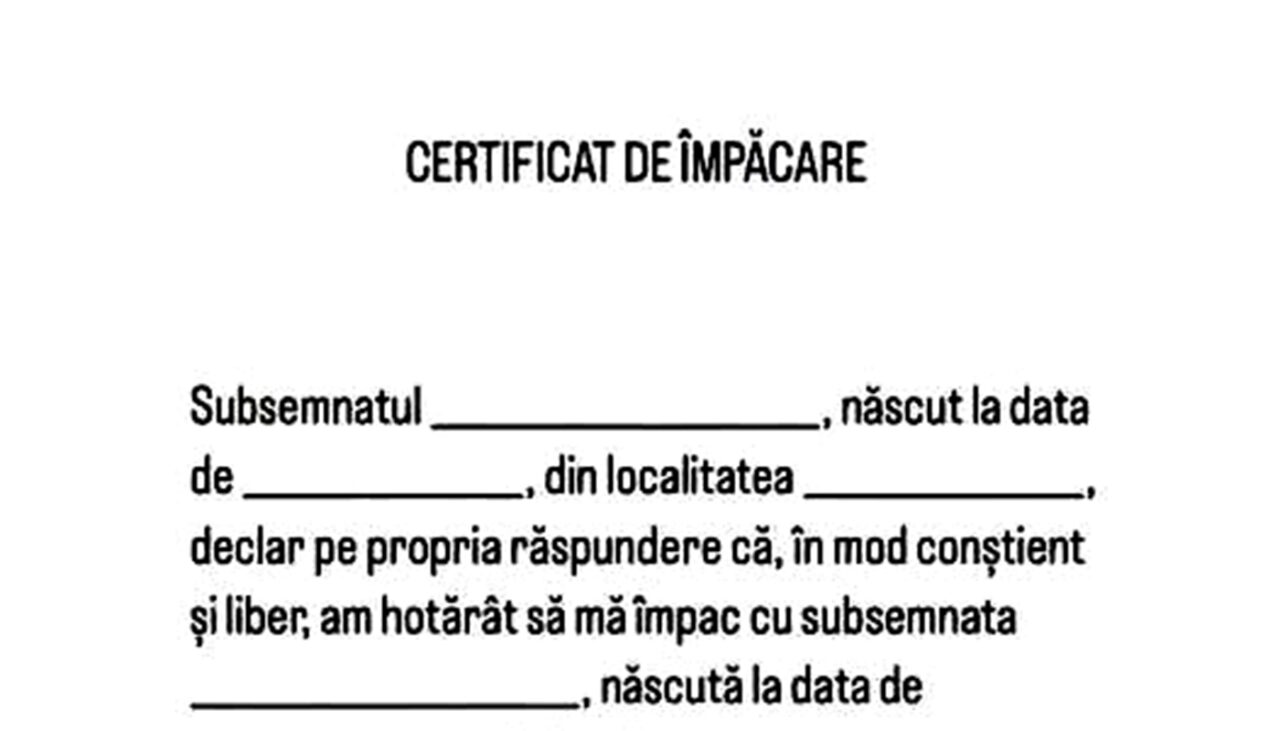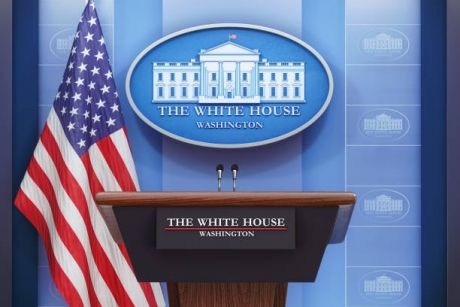By Andreea Gudin
In my ongoing review of European Court of Auditors audit reports, I consistently find myself revisiting the regulatory framework that underpins the processes subject to audit. In the specific context of Frontex, the European Border and Coast Guard Agency, the linchpin of financial governance is the “Frontex Financial Regulation” (the financial framework, ratified by Frontex Management Board Decision 19/2019 on July 23, 2019).
For every European citizen, the effective functioning of European Union institutions is a matter of paramount concern. Transparency, responsibility, and efficiency are the cornerstones that safeguard the financial resources entrusted by the public.
The Perpetual Conundrum
Yet, what transpires when persistent issues unearth, lingering year after year without redress? These issues cast a daunting shadow, resulting in the loss of millions of euros. They include the absence of a clear and precise calculation for Schengen contributions and the intricate web of service contracts, notably within travel and psychological services.
These are issues residing in areas that ECA have identified as vulnerable for several years now, some even beginning with 2016.
But as Frontex’s budget has surged, reaching €1,017 million in 2022, the urgency of addressing these outstanding ECA status observations becomes even higher.
Accountability: The Missing Piece
Still, it is imperative to recognise that these challenges do not simply stem from regulatory complexities, double entries, data gaps, or information misuse. Rather, they are fundamentally rooted in accountability. The recurring motif in all ECA audits is unmistakable – the crux of the problem transcends the intricacies of regulations; it lies in the willingness to embrace responsibility.
In the sections to follow, we shine a light on the irregularities emphasised in the ECA’s 2022 audit of Frontex. Additionally, we present three simple amendments to Frontex Financial Regulation, resembling keys, with the potential to stop the financial drain of millions of euros. However, this transformation hinges on one vital attribute – the courage to assume responsibility.
The Irregularities
Traveling Troubles – In 2019, Frontex signed a €30 million contract for travel services, but a critical weakness emerges. Invoices are unsupported by actual hotel receipts, and internal controls fall short. The risk of overcharging looms large.
Disconnected Costs – The Commission’s system for managing travel-related costs misaligns actual expenses, creating an internal control weakness and payment risks.
Internal Control Lapses – In 2022, Frontex implemented new financial ceilings, but an IT delay led to unauthorised payments exceeding €10.9 million. A significant internal control weakness raises concerns.
Recruitment Rules in Question – Frontex’s recruitment procedures show weaknesses in assessing selection criteria, transparency, and conflict of interest management.
Distorted Contributions – Schengen-associated countries’ contributions to Frontex’s budget lack clarity. An unclear legal basis results in a €3.5 million under-contribution.
Proposed Modifications
Article 104 – External Audit
Existing Article 104(4) states:
“An independent external auditor shall verify that the annual accounts of the Agency properly present the income, expenditure, and financial position of the Agency before consolidation in the final accounts of the Commission.”
Proposed Modification (Addition):
“Article 104(5) – Validation of Accounting System: The Executive Director shall ensure timely validation of the accounting system, in coordination with the Commission’s IT systems, to eliminate recurring issues of missing information as noted in the ECA’s reports. This validation process shall be subject to clear procedures and responsibilities specified in the Agency’s internal regulations.”
This single modification eliminates the reoccurring problem of incomplete data, with the potential for significant cost savings (Consider the €30 million contract with invoices lacking proper documentation).
Article 103 – Annual Report on Budgetary and Financial Management
Existing Article 103(3) mandates that:
“the report referred to in paragraph 2 shall give an account, both in absolute terms and expressed as a percentage, at least, of the rate of implementation of appropriations together with summary information on the transfers of appropriations among the various budget items.”
Proposed Modification (Addition):
“Article 103(4) – Schengen Associated Countries (SAC) Contributions: The annual report shall provide a detailed methodology for calculating contributions from Schengen-associated countries to Frontex’s budget. This methodology shall be designed to ensure precision and equity in contributions based on the size of their economies relative to the EU’s economy, as recommended by the ECA.”
The outcome? Enhanced accuracy and fairness in contributions (Recall the shortfall of €3.5 million).
Article 106 – The Discharge Procedure
Existing Article 106(2) stipulates that:
“with a view to granting the discharge, the European Parliament shall, after the Council has done so, examine the accounts and financial statements of the Agency.”
Proposed Modification (Addition):
“Article 106(3) – Internal Control Assessment: In examining the accounts and financial statements of the Agency, the European Parliament and the Council shall also assess the effectiveness of the internal control systems. The assessment shall include a review of Frontex’s guidance for calculating accrued charges, monitoring travel service costs, and addressing internal control weaknesses in a timely manner.”
The result? A thorough examination of guidelines, monitoring procedures, and a prompt resolution of internal control deficiencies (Recall the €10.9 million in unauthorised payments).
The Call for Responsibility
The call for these amendments doesn’t solely echo from the seats of authority; it reverberates from the very core of public oversight and the proposed changes are nothing more than natural steps toward a more transparent, efficient, and accountable future. The act of putting in place the rephrased information needed to limit and further prevent such budget disparities is done. It remains the responsibility to act.
Andreea Gudin


 acum 1 an
150
acum 1 an
150






















 English (US) ·
English (US) ·  Romanian (RO) ·
Romanian (RO) ·